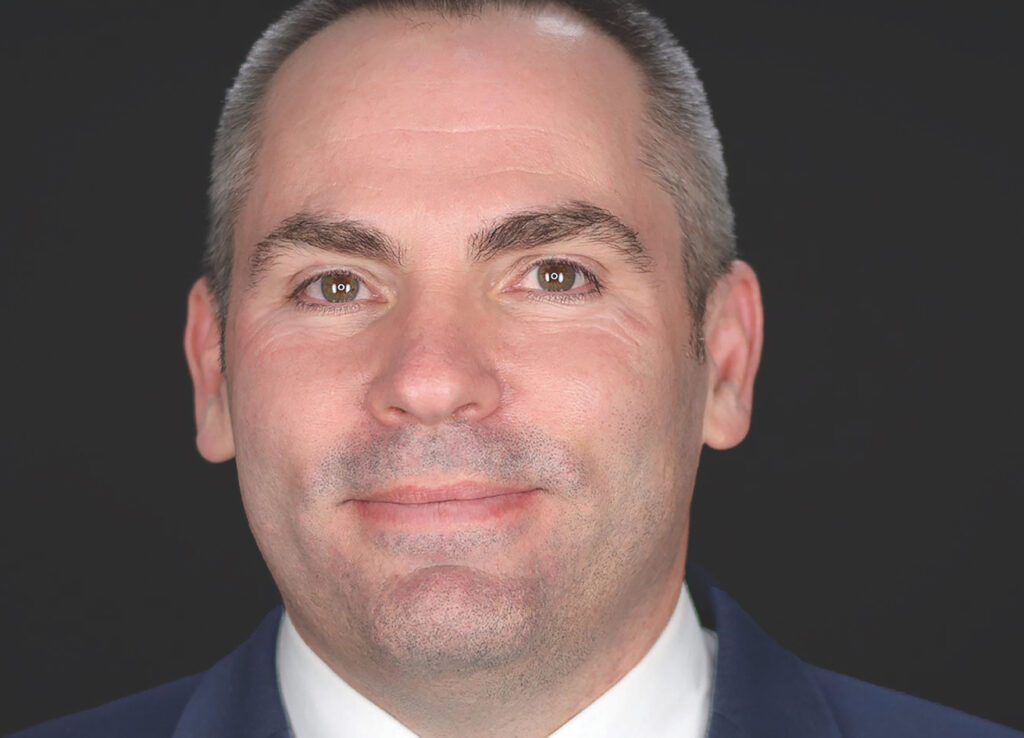The benefits of advance care planning for seniors are well-documented, but younger adults should also ensure they are prepared for a life-threatening health crisis, according to Dr. Joseph Shega, executive vice president and chief medical officer for VITAS Healthcare, a subsidiary of Chemed Corp. (NYSE: CHEM).
Data from some studies indicate that higher completion rates for advance care plans result in more hospice enrollment, though societal factors and poor coordination among health care providers can limit its effectiveness and utilization.
Earlier this year, researchers from the Regenstrief Institute and the Indiana University School of Nursing found that patients with these plans in place were less likely to seek aggressive care in a meta-analysis of studies involving more than 33,000 cancer patients.
Given life’s uncertainties, the availability and utilization of advance care planning should extend beyond the senior population, Shega told Hospice News.

Why is it important for younger patients, as well as seniors, to have advance care plans?
Advance care planning is important at any age and stage of health. The future is unpredictable, so it is a good idea for all patients to have a plan in place and document their end-of-life wishes.
Formalizing wishes by writing them down helps ensure that they are honored if a situation arises, especially if the patient is unable to communicate. An advance care plan provides peace of mind and takes the burden off loved ones who might otherwise have to make difficult decisions during an emotional time.
Another valuable reason: Having a documented plan reduces the likelihood of delays in receiving care, ultimately making it more likely that patients will get the type of care they want, and in a timely manner, at the end of life. It ensures that health care professionals are aligned with and understand a patient’s goals and values.
It’s worth noting that advanced care plans can always be changed and modified to reflect patients’ current wishes as life circumstances change. Patients and physicians should always work together to update their plans at the varying stages of life and health.
At VITAS Healthcare, we recently conducted a survey to understand Americans’ views on advance care planning and end-of-life care. Interestingly, 42% of people between the ages of 18 and 34 say they know what kind of medical treatment they do and don’t want at the end of life.
However, only 16% of this group say they have formally documented their wishes. One contributing factor found that over half of people ages 18 to 34 said they don’t know where to find information about documenting end-of-life wishes and values. That’s why it’s so important for health care professionals to empower young people – and all people – to make advance care plans by providing information and guiding patients through the process.
What are some of the factors that contribute to the low rates of end-of-life plans among those age groups?
Many people don’t know where to turn for information on end-of-life planning. Also, the truth is that people do not often like to talk about death and dying. Young people, especially, feel as if death is something that is far away – which hopefully it is for them. However, planning for the end of life now helps to ensure that people get the care they want down the road.
That’s why I urge all health care professionals to help bridge this gap by educating patients about the importance of advance care planning and guiding them through the process.
How can health care providers help educate younger people about the importance of having this type of documentation in place?
Health care professionals play a pivotal role in educating patients about the significance of having an advance care plan in place. To effectively do so, here are some tips:
- Open Conversations: The initial step is to engage patients in conversations about advance care planning. The health care provider-patient relationship is built on trust, and research indicates that 32% of individuals ages 18 to 34 are more likely to consider end-of-life care planning if approached by a trusted health care professional.
- Training and Skill Enhancement: Health care professionals should feel comfortable discussing end-of-life planning with patients. Training initiatives like the Goals-of-Care Preceptorship Program offered by VITAS are designed to enhance the skills of health care professionals, enabling them to conduct honest, culturally competent conversations with patients.
- Reflect and Inform: Physicians should encourage patients to reflect on their values and preferences, providing them with the information they need for informed decision-making. Encourage patients to formally document their wishes in writing.
- Empathetic Engagement: Responding to patients with patience and empathy is crucial during these discussions.
- Cultural Competency: Keep in mind the cultural traditions and expectations of each patient and how that will play into their end-of-life care. Research shows that younger demographics are more likely to desire treatment in line with their cultural traditions.
- Ongoing Conversations: Emphasize that advance care planning is not a one-time event. Regularly revisit and update the plan to ensure it aligns with the patient’s evolving needs and values.
- Family Engagement: Encourage patients to consider their role as caregivers for older loved ones. Helping family members through the planning process or initiating conversations with them can inspire younger family members to create their plans.
What is the role of hospices in that process?
Hospice plays a crucial role in end-of-life care and is not limited to the elderly. Hospice is an option for patients of any age with six months or less to live as confirmed by a physician. That means that young people who are facing a terminal diagnosis can utilize the benefits that hospice has to offer.
When patients create an advance care plan, they document preferences that will be helpful to their health care teams. In hospice settings, the documentation ensures physical, emotional and spiritual needs are met, employing a multidisciplinary team approach.
Research from NORC at the University of Chicago found that hospice improves clinical outcomes, improves pain control, and reduces physical and emotional distress. Furthermore, hospice helps patients avoid costly, unwanted and burdensome treatments during their last phase of life.



